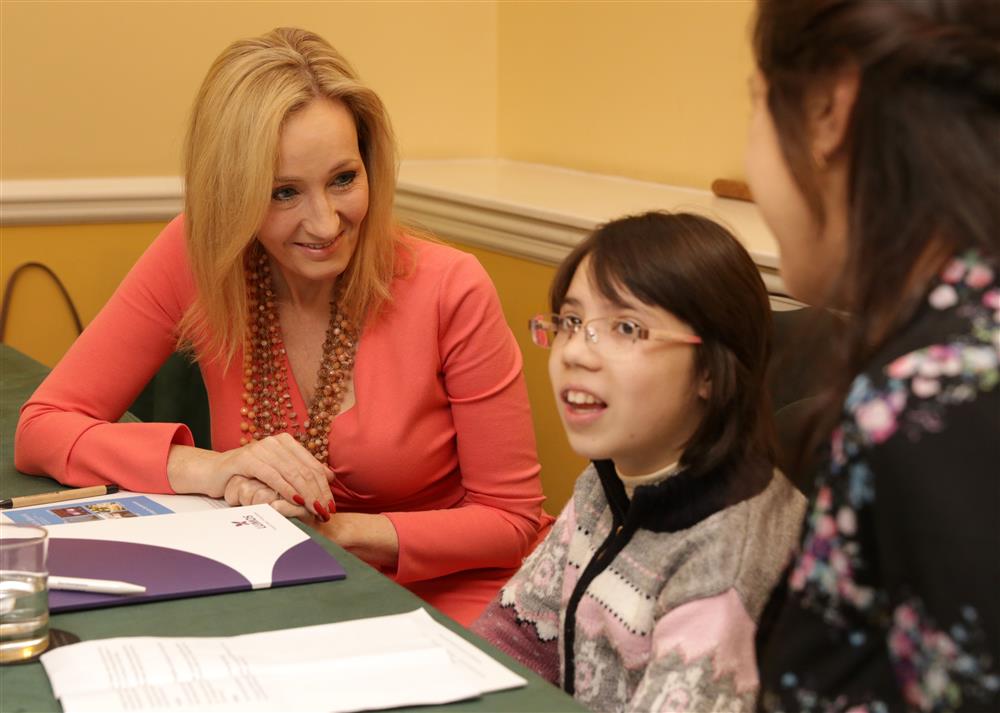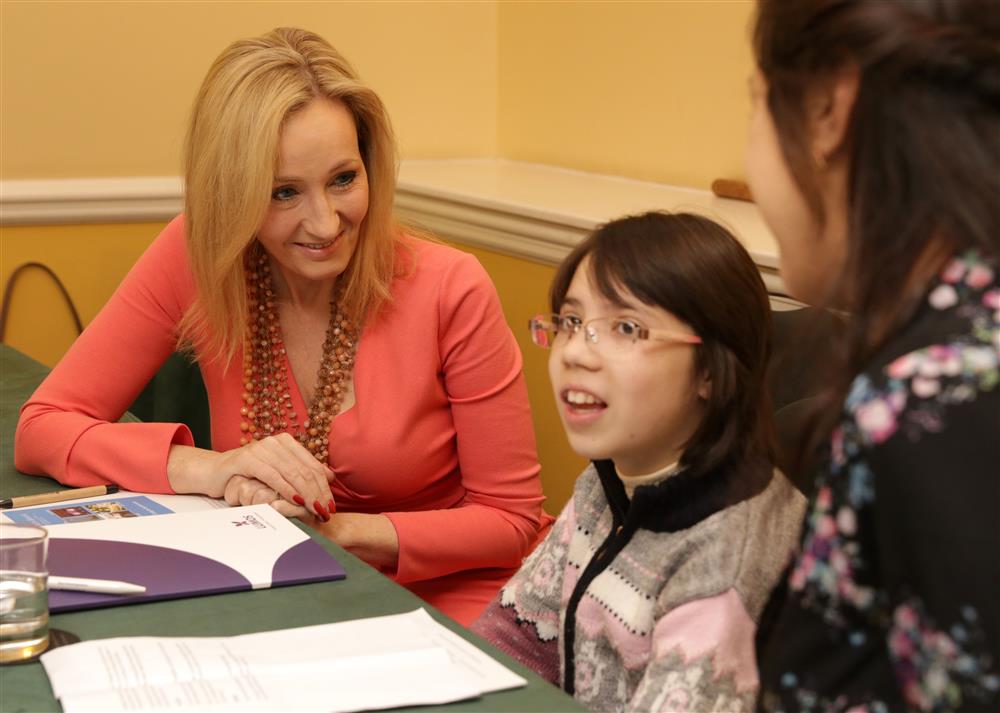Returning children to their families and an inclusive environment
- Organization
- Lumos Foundation Moldova
- Country of Implementation
- Moldova
- Region
- Europe
- Subregion
- CIS and Associated States
- First published
- 31.01.2015

Solution details
People
“Five years in an institution seemed like an eternity. Now I live with my parents and sister, and I want to be here forever!” Dumitriţa, 14, child from Moldova
Problems Targeted
In 2007 approximately half of all children in institutions were those with disabilities living in residential special schools, separated from their families because the only education for such children was provided in segregated schools. When the government initially started a deinstitutionalisation program, it mainly focused on children without disabilities.
Solution, Innovation and Impact
Lumos, in cooperation with local authorities, put in place community-based social services making it possible for children with disabilities in institutions to go home to their families or be placed in foster care. Simultaneously, it developed inclusive schools to make it possible for these children to be educated in mainstream schools, alongside their peers. The program also assisted the Ministry of Finance and Ministry of Education to put in place a law that ensures that government funds that had been going to institutions to support disabled children are transferred with the children to community social services and inclusive schools (for additional support teachers, adaptations to buildings, etc.). To strengthen the capacity of teachers and stakeholders, training and awareness-raising was held for 15,000 professionals. Lumos is also monitoring and evaluating the impact of the transition.
Funding, Outlook and Transferability
The project is completely scalable within Moldova because it has been proven in a number of regions and because the legislation frees up funding from institutions to finance community-based services. The project has demonstrated that it is considerably cheaper per child to support them in a family context and to have them receive an inclusive education in their own community than it is to keep them in an institution. It has also been shown that the increase in developmental and educational outcomes of children living at home with their families is significant. Author J. K. Rowling, founder and President of Lumos, meets 14-year-old Dumitriţa (with glasses), who lived for five years in an institution in Moldova. With Lumos support, Dumitrita was reunited with her family and enrolled in a mainstream school, and is now an active promoter of inclusive education for all children.
Media
Life Story
THE STORY OF DUMITRIŢA
“The five years I spent in an institution for children with disabilities in Moldova felt like an eternity.”
My name is Dumitriţa, and I am a 14-year-old girl with disabilities and learning difficulties. Support services did not exist where I lived, and the mainstream school would not accept me. My family could not afford the education and care I needed, so I was placed in an institution for children with disabilities. This place was far from home, which made family visits very difficult. In the institution I missed very much the love and care of my parents and sister. Being reunited with my family – thanks to support from Lumos – was a dream come true! For two years now I have been studying at the mainstream school close to my home. Today, I feel like part of the community. I am very happy living with my family, all of whom love and support me. I also like my new school, where I am doing well and where my friends and teachers understand me. I am a strong advocate for inclusive education in our school’s discussion group, and I speak out whenever I can. My dream is that all children with disabilities in Moldova can live with their families. I want to help other children to return home and give them confidence and hope for a better future. Innovative Practice from the United Kingdom: Together with the Moldovan Government, the Lumos Foundation has promoted an integrated policy and programme of deinstitutionalisation and inclusive education for children with disabilities. This allows them to leave residential care and to return to their families and communities while receiving education in a mainstream school.
Related information
- Connections
- 1
-
Organization
